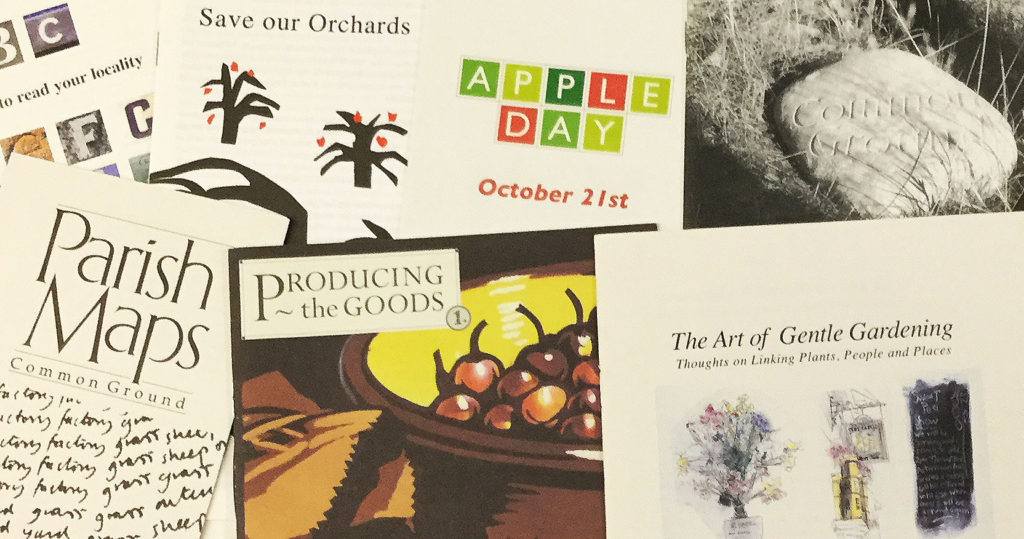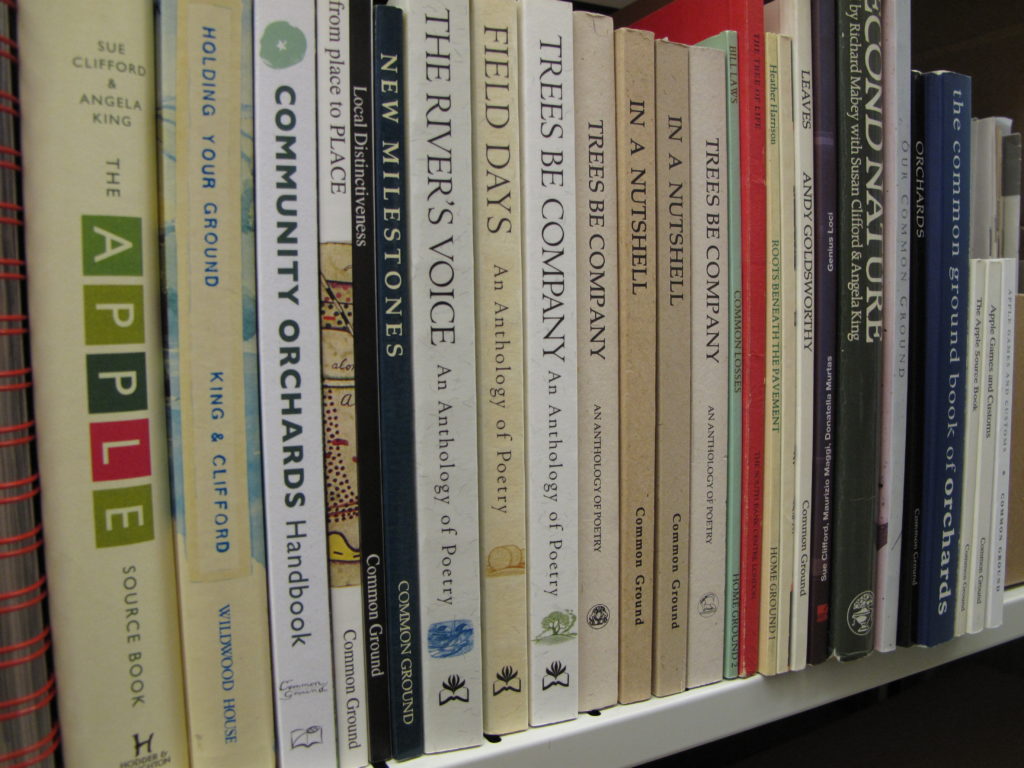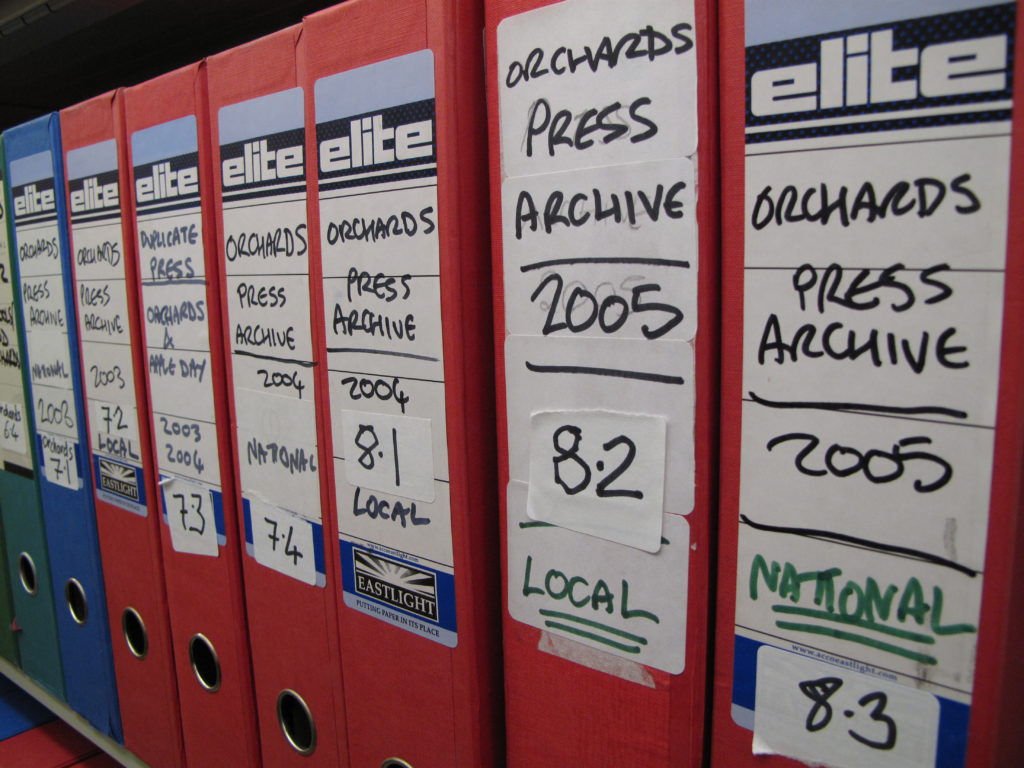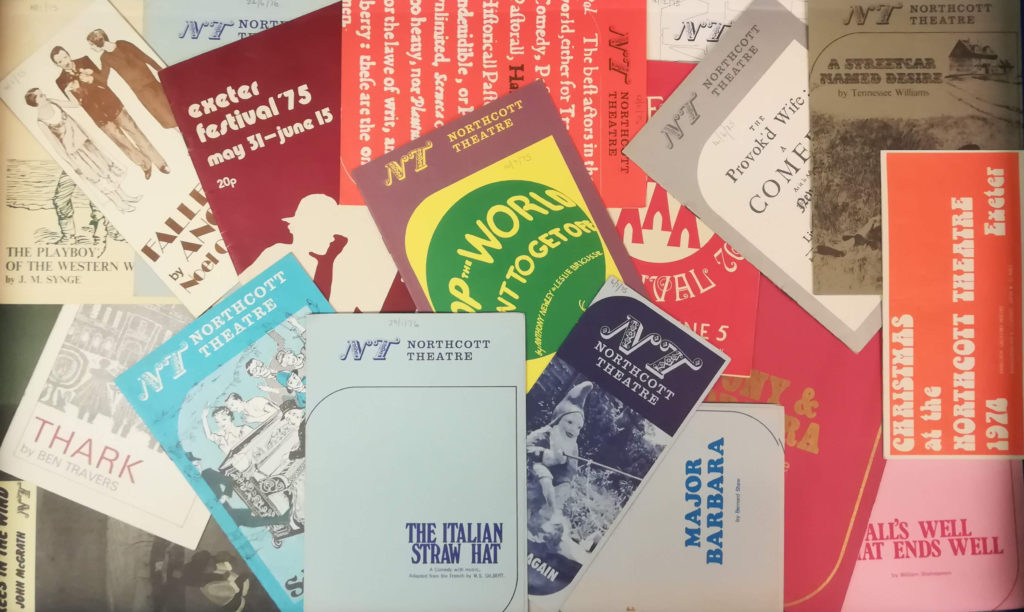
EUL MS 348 – Programmes from the Northcott Theatre Archive
It’s new cataloguing project time here at Special Collections and I’m thrilled to say that I’ll be cataloguing the Northcott Theatre Archive as part of our 21st Century Libraries initiative. It’s a fascinating collection spanning from the theatre’s opening in 1967, to its threatened closure in 2010. Quite simply, everything about it is appealing (alright, I’ll stop with the show tunes now!).
Exeter has a long history of theatre; with evidence of a possible Roman amphitheatre on Dane’s Hill. In 1721 the first regular theatre venue in Exeter opened in the Seven Stars Inn and a series of theatres followed (often destroyed by fire) until the Theatre Royal opened in 1889. Many Exeter residents still remember this theatre, which was demolished in 1962, and a small amount of records survive in the Northcott Theatre Archive relating to its productions.
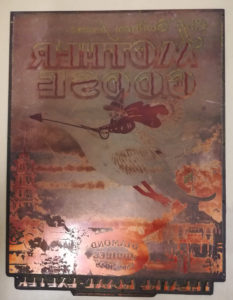
EUL MS 348 – Printing plate for Theatre Royal jubilee production of Mother Goose
After the demolition of the Theatre Royal, G.V. Northcott was offered a site at Exeter University and the Northcott Devon Theatre and Arts Centre, as it was originally known, was established. The theatre opened its first production on 2nd November 1967, presenting The Merchant of Venice, which starred the theatre’s first Artistic Director Tony Church. The abolition of the official censor in 1968 enabled a new artistic direction and early directors fostered new writing talent. Edward Bond’s controversial play ‘Bingo’ was performed in public for the first time at the Northcott under Artistic Director Jane Howell. The theatre also fostered acting talent and many famous actors performed there early in their careers: including Honor Blackman, Celia Imrie, Robert Lindsay, John Nettles, Diana Rigg, Imelda Staunton and David Suchet.
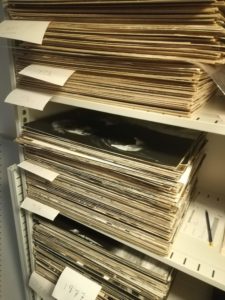
EUL MS 348 – Production photographs by year from the Northcott Theatre Archive
In recent years the theatre has faced the threat of closure twice, in 2008 and 2010, both sparking community campaigns to save the theatre. On 5 June 2010 a new company was set up as the Exeter Northcott Theatre Company, formed with the University of Exeter, and the immediate future of the theatre is now more secure, with its fiftieth anniversary celebrations taking place last year.
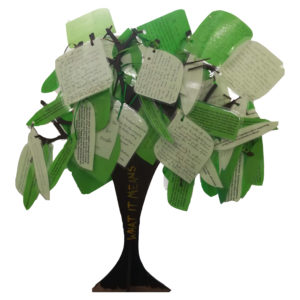
EUL MS 348 – Tree from a campaign to save the Northcott Theatre with leaves written by the public saying what the theatre means to them
The archive contains a wealth of records relating to the Northcott’s productions and administration. Show files, prompt books, administrative records, programmes, posters, photographs, press cuttings, and much more illustrate the work behind bringing a production to the stage and the changing trends in theatre going. The archive is a wonderful piece of South West theatre history and I look forward to sharing more gems with you as the project progresses.
Caroline Walter (Project Archivist)
